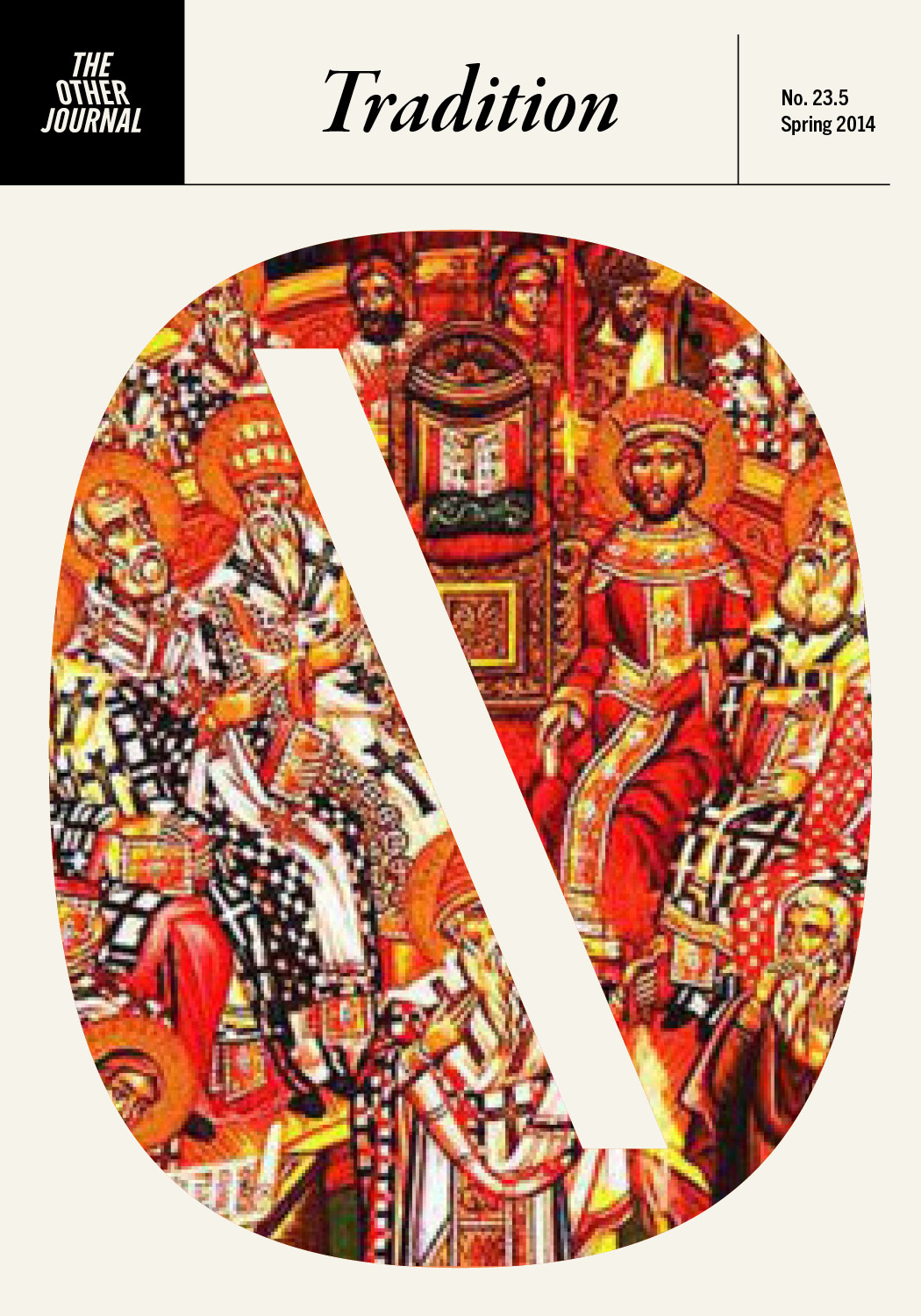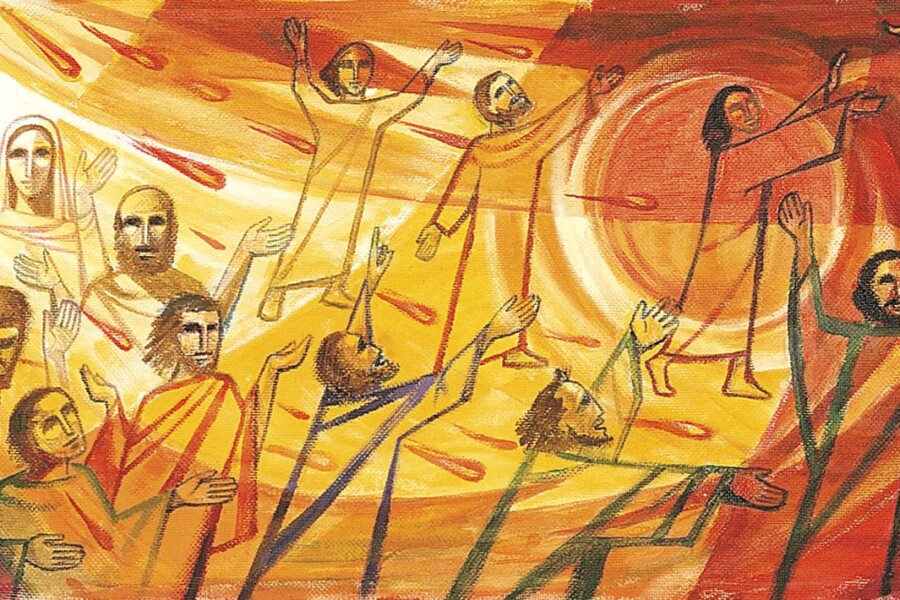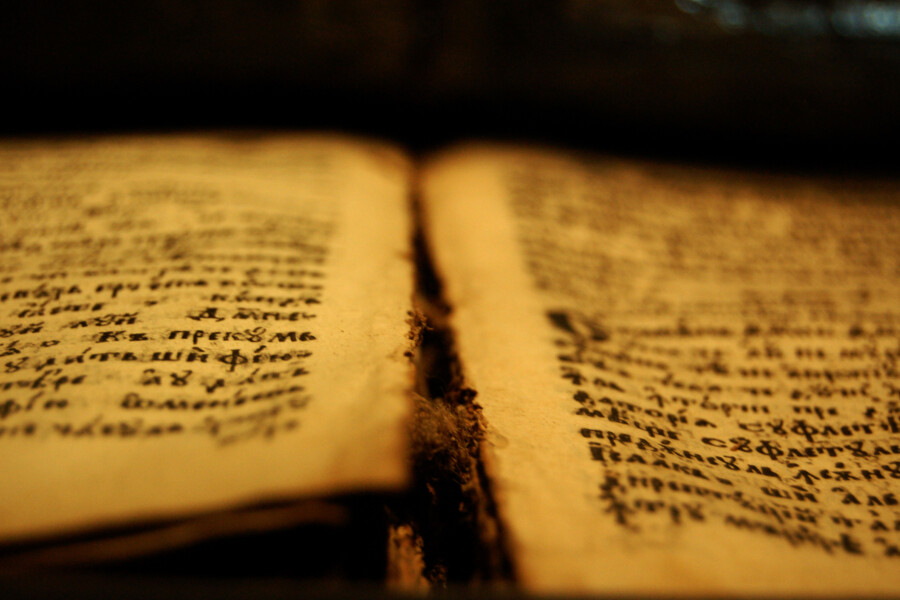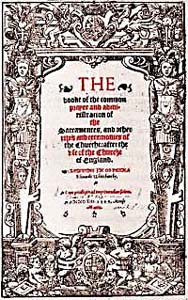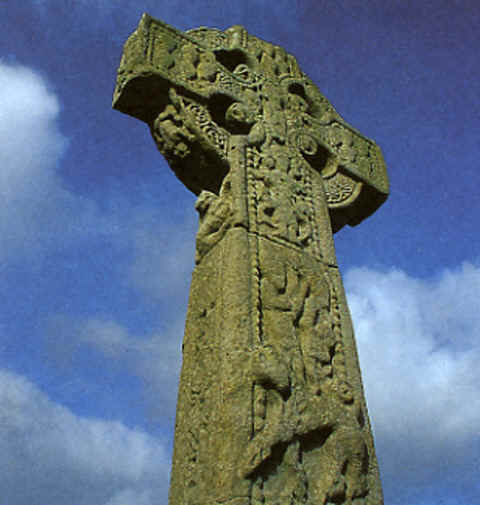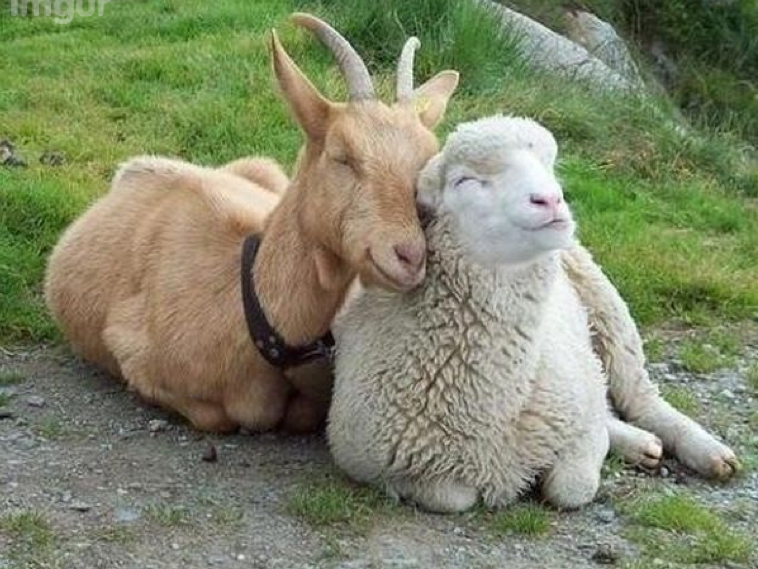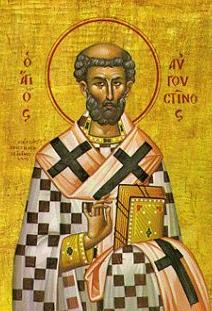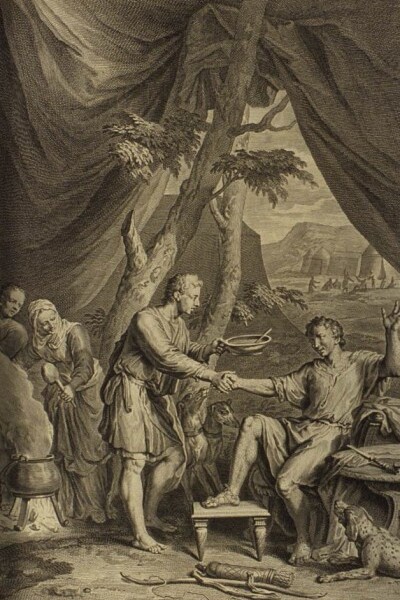Conciliar Reception in the Early Church as Traditio and its Contemporary Implications
The historical investigations of H.-J. Sieben show that when early Christian authors such as Athanasius insist that church councils be “received,” they do not mean to introduce a democratic style of Church governance but to insist that Christ’s authority, transmitted through tradition, be acknowledged by hierarchy and laity alike.

